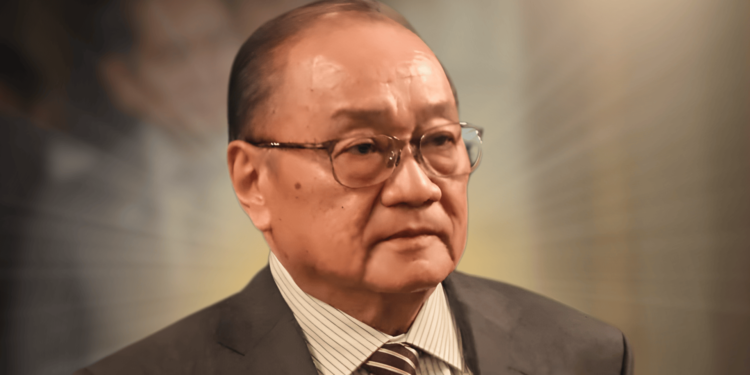One of the country’s most influential business figures has issued a rare warning about the state of governance in the Philippines. Business titan Manuel V. Pangilinan cautioned that deepening corruption scandals could hurt investor confidence, slow economic activity, and even put the nation’s credit rating in danger.
Speaking before financial executives at the 2025 FINEX Conference, Pangilinan said that recent allegations of irregularities in public infrastructure programs have created unease across business and financial sectors. He said the credibility of the country’s institutions—and the government’s response—will determine whether the Philippines can maintain investor trust.
“Investor confidence could get affected. Perhaps even credit ratings, too, could be at risk if the institution’s responses are seen to be inadequate,” Pangilinan said.
He added that both the local market and the broader economy are beginning to feel the impact of uncertainty. The stock market, he noted, has shown signs of decline, while business sentiment remains cautious as investigations continue. “It could slow down growth because the stock market is down. How can you raise money?” he said.
Pangilinan also pointed to reports of alleged “budget insertions” reaching as much as ₱1 trillion, warning that public funds being misused at this scale could have lasting effects on development and poverty reduction. “When cash of the magnitude of budget insertions – they say as much as P1 trillion – are taken out of the pockets of the many who are poor and diverted to the wallets of the few, the economy will indeed suffer,” he said.
He stressed that corruption not only damages public institutions but also raises the cost of doing business in the country, making it harder to attract investments and sustain growth.
Pangilinan called for stronger financial management and the appointment of competent, ethical leaders in government. “Corruption survives not because bad people are smart, but because good people are absent,” he said.
Pangilinan also urged cooperation among major institutions—including the judiciary, media, and academe—to reinforce ethical governance and safeguard transparency. He emphasized that the private sector must also uphold integrity in its own affairs. “We should be engaged even as citizens, or even as private citizens, in the first instance, as business persons managing our affairs well and doing things right,” he said.
He concluded by reminding that integrity in leadership is not just a moral question but an economic one. “The presence of ethical attributes – or their absence – impacts businesses and the economy seriously,” Pangilinan said.












